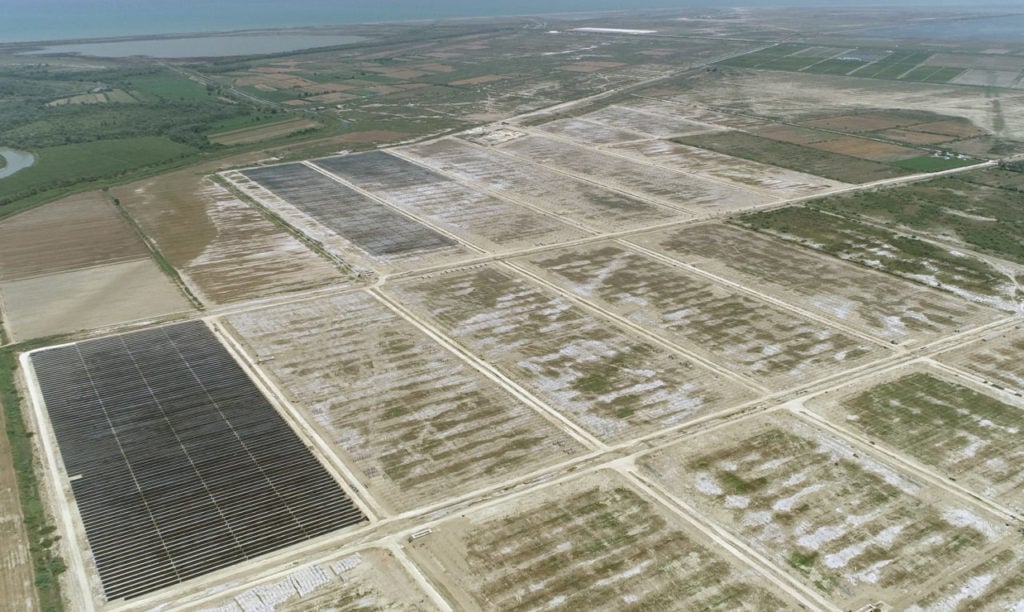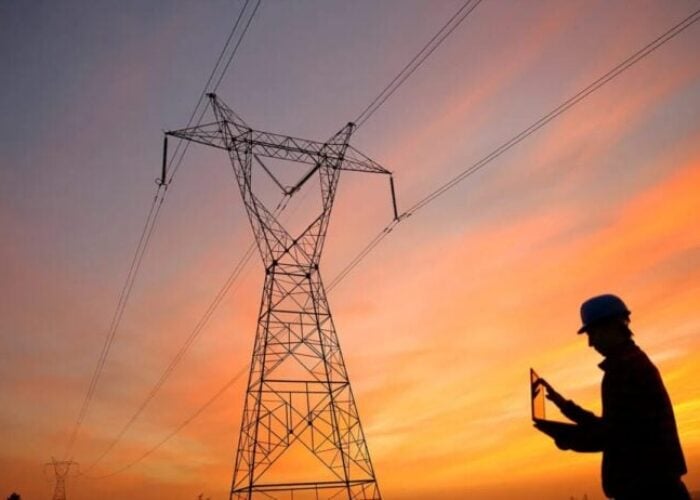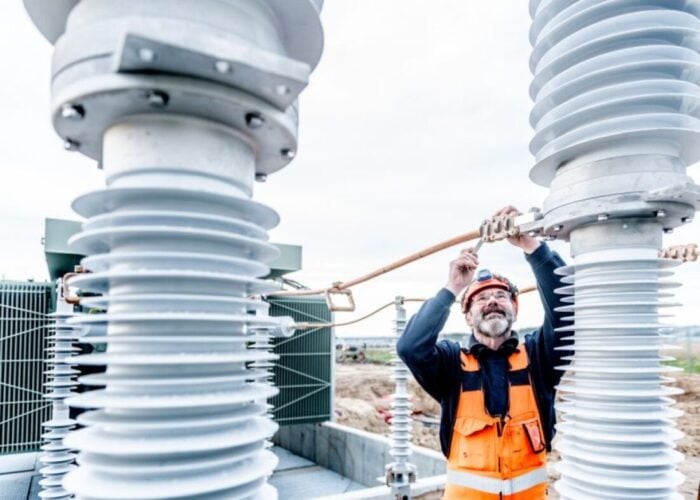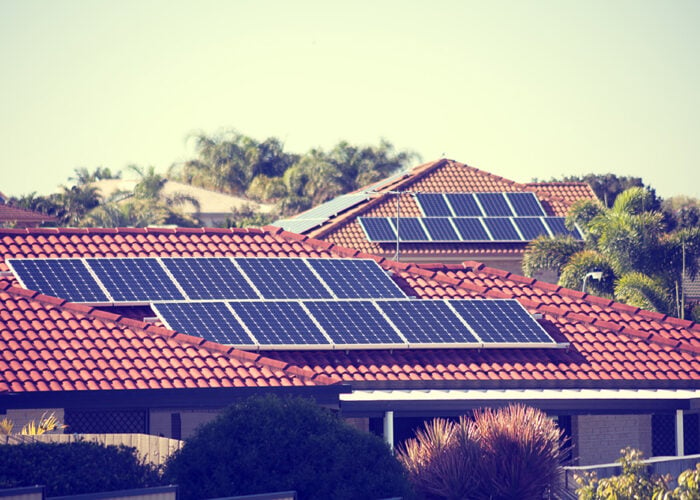
French renewables company Voltalia has begun construction on a 126MW solar PV project in Uzbekistan.
The Sarimay Solar project is expected online in the second half of 2025, supported by financing from the European Bank for Reconstruction and Development (EBRD) and the Japan International Cooperation Agency (JICA).
Unlock unlimited access for 12 whole months of distinctive global analysis
Photovoltaics International is now included.
- Regular insight and analysis of the industry’s biggest developments
- In-depth interviews with the industry’s leading figures
- Unlimited digital access to the PV Tech Power journal catalogue
- Unlimited digital access to the Photovoltaics International journal catalogue
- Access to more than 1,000 technical papers
- Discounts on Solar Media’s portfolio of events, in-person and virtual
Voltalia has also signed two partnership agreements to deploy battery energy storage systems (BESS) in Uzbekistan. The first will extend the Sarimay project with a 50MW/100MWh BESS, the sales contract for which is expected to be signed in summer 2024. Voltalia signed an expansion deal for the Sarimay site in November 2023 during French President Macron’s visit to Uzbekistan, as reported by our colleagues at Energy-storage.news.
The second deal will pursue the development of a 500MW/1,000MWh BESS complex. In partnership with the Uzbek Ministry of Energy and Ministry of Investment and Foreign Trade, Voltalia will construct and develop the site as part of what CEO Sébastien Clerc called “our commitment to strengthening our presence in Uzbekistan.”
He continued: “By offering long-term sales contracts for major national and international storage projects, Uzbekistan offers the opportunity to accelerate Voltalia’s battery storage strategy, without being exposed to fluctuations of the electricity market prices.”
To this point, much of the development for both solar PV and BESS in Uzbekistan has come from Middle-Eastern companies. The UAE state-owned renewables developer Masdar connected 511MW worth of PV projects to the Uzbek grid in March and in January the company expanded an agreement with the country’s government to develop 500MWh of battery storage and 2GW of wind energy.
Uzbekistan aims to have 12GW of renewable energy capacity on its grid by 2030, 7GW of which will be solar PV. One of the main drivers of the renewables and energy storage buildout is the public-private partnership programme, which incentivises private companies – like Voltalia or Masdar – to participate in public sector infrastructure projects.
In its 2023 full-year results, Voltalia said that it “exceeded” its targets, posting turnover of €495.2 million (US$531.9 million), an increase of 6% over 2022 figures. This was largely driven by the company’s sustained investments into solar PV.







